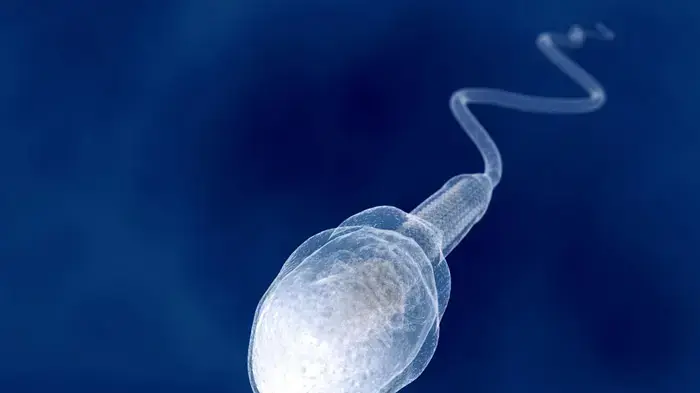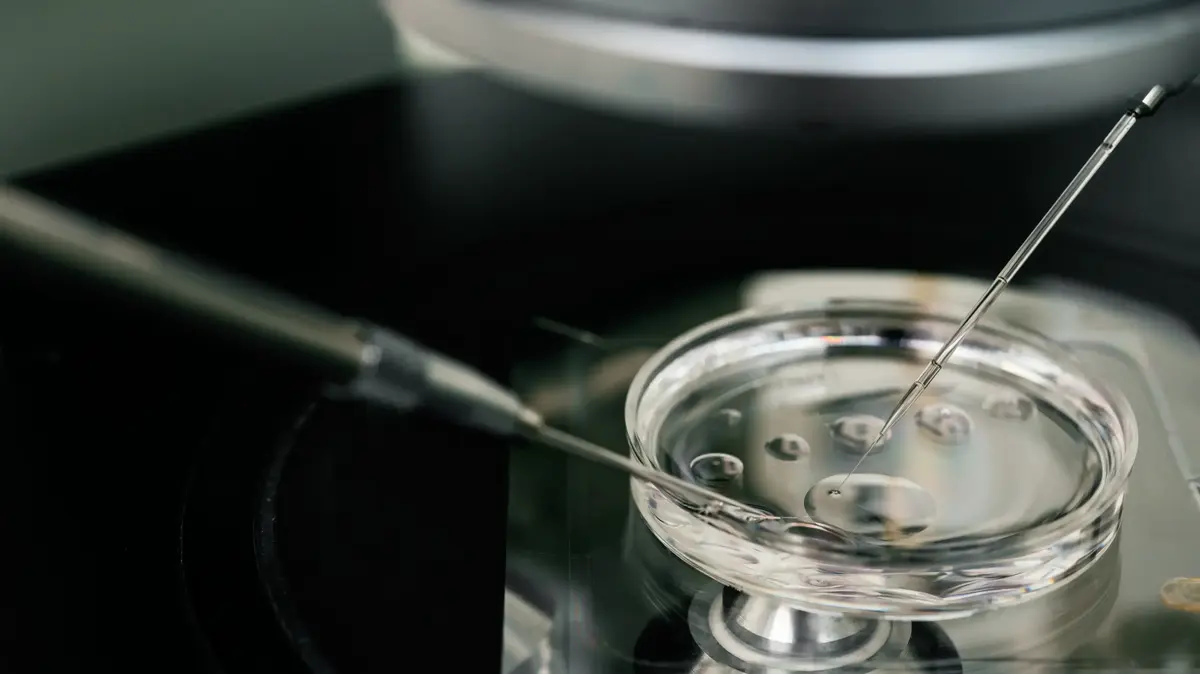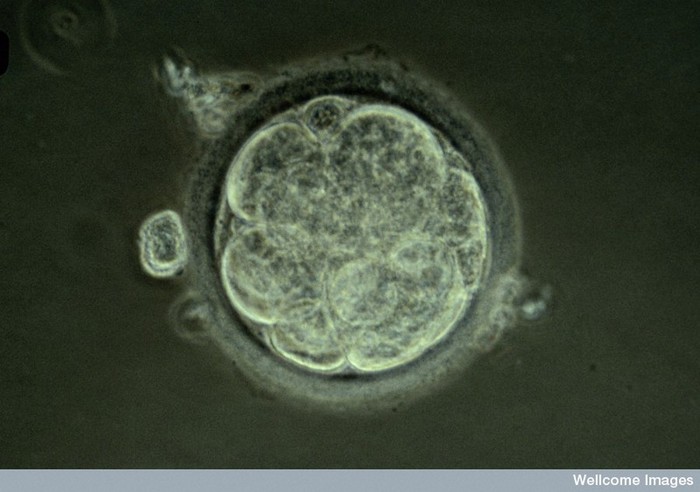health
Pregnancy and Birth
Genetic changes in the father's sperm can predict the risk of autism in children
Researchers have been able to detect changes in certain regions in the DNA of sperm cells that have been found to be linked to the birth of children with autism.
Their method was able to identify fathers of autistic children with 90% accuracy
Tags
seed
autism
Walla!
health
Wednesday, 20 January 2021, 06:58
Share on Facebook
Share on WhatsApp
Share on general
Share on general
Share on Twitter
Share on Email
0 comments
Sperm changes predict a chance for autism.
Illustration of sperm cells (Photo: ShutterStock)
Scientists have been able to identify biological markers in sperm cells that may indicate the likelihood of a man having offspring with Autism Spectrum Disorder (ASD).
This is a small study in which researchers from the University of Washington collaborated with the Research Center of the University of Valencia in Spain, in which they discovered hundreds of methylation zones in sperm samples that were found to be related to whether the person from whom the sperm sample came had autistic children.
By examining the sperm samples and whether or not they had the methylation regions of these DNAs, the researchers were able to predict whether the owner of the sample had a child with 90 percent autism.
More on Walla!
NEWS
Two children developed lung cancer after inhaling cancer cells at birth
To the full article
"Basically, we will be able to use this method in the future to assess whether a person is likely to bequeath autism to their children," said Michael Skinner, a professor of biology at the University of Washington and one of the study's authors.
"This is also an important step towards identifying the factors that increase the chance of autism," he added.
By examining only the sperm samples, the researchers were able to identify the fathers of the autistic children with 90% accuracy.
Laboratory Sample Sample (Photo: ShutterStock)
Methylation regions in DNA are parts of the genome to which a methyl group has been added, this is one type from a variety of epigenetic mechanisms used by cells to control genetic expression.
In other words: they are parts of the genome that have undergone a kind of 'shutdown' due to molecular and environmental factors.
In this new study, published in the journal Clinical Epigenetics, scientists examined the epigenetics of sperm samples from 26 men, half (13) were born boys with autism and the other half had children without ASD.
They identified 805 different methylation zones that were found to be related to whether the same man had a child with autism.
Scientists were then given a blind test in which they were asked to examine semen samples from 18 men and determine whether or not they had a child with autism, based only on those methylation regions of DNA.
Except for two negative negative results the researchers were able to successfully identify all of their fathers and children on the spectrum.
This is an accuracy rate of 90 percent.
The researchers hope to better understand the causes of the epigenetic change and perhaps even prevent it.
Father and son holding hands (Photo: ShutterStock)
Since this is a small-scale study, its conclusions should be taken with a limited guarantee until further and more extensive studies are conducted and provide support for its findings.
And as a first step in that direction, the research team of the current study is already working on a new study, this time it will include 100 men.
If they are able to replicate the results of their first study, they hope their work can be used to identify risk factors for autism.
More on Walla!
NEWS
The corona has caused many of us to turn to this obscene habit
In this closure we are other parents.
And it also has benefits
Research: Identical twins are not really 100% genetically identical
5 things that must be done soon when entering a new and empty apartment
The causes of epigenetic changes
Scientists have long suspected that epigenetic changes caused by environmental and molecular factors have to do with autism.
Environmental effects can be very diverse, ranging from the parent’s exposure to air pollution to the stress the mother experiences during pregnancy.
However, the attempt to put the finger on the exact factors and epigenetic changes they create has so far proved to be very challenging.
The researchers hope that a better understanding of the biological markers they have identified will help in the future to understand exactly what was the trigger for the epigenetic changes.
Share on Facebook
Share on WhatsApp
Share on general
Share on general
Share on Twitter
Share on Email
0 comments















/cloudfront-eu-central-1.images.arcpublishing.com/prisa/IGZ7GOCXZ5GUPAQ2HWGK6Z76BU.jpg)